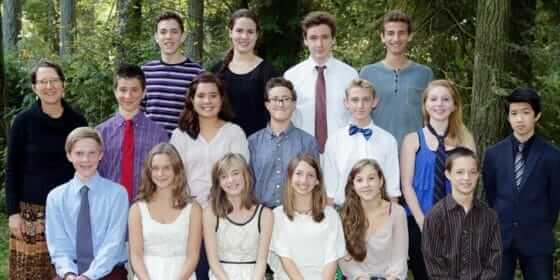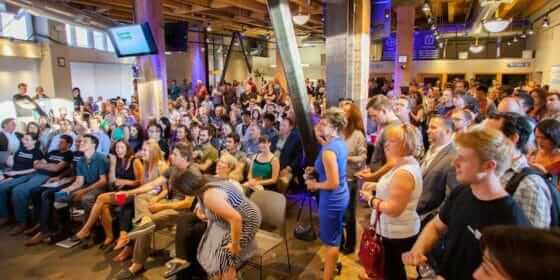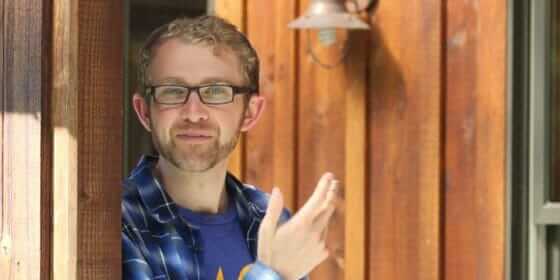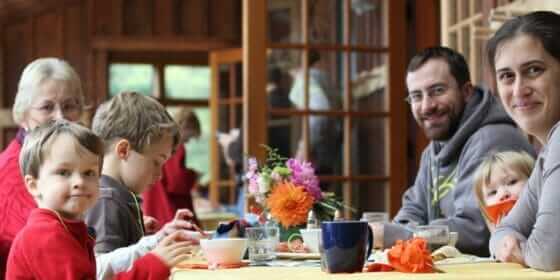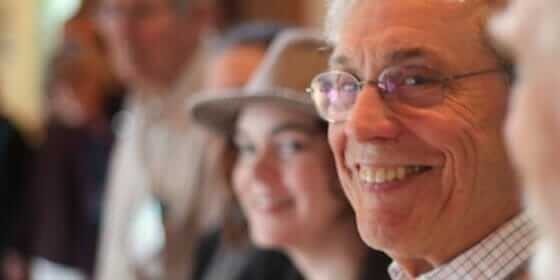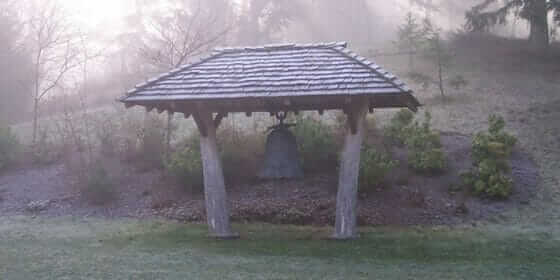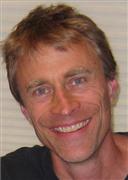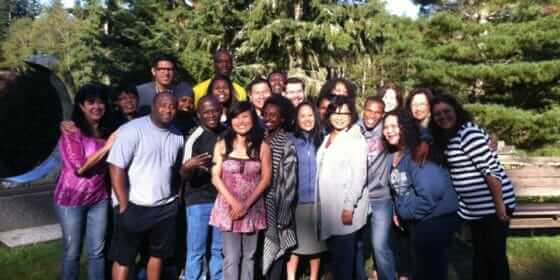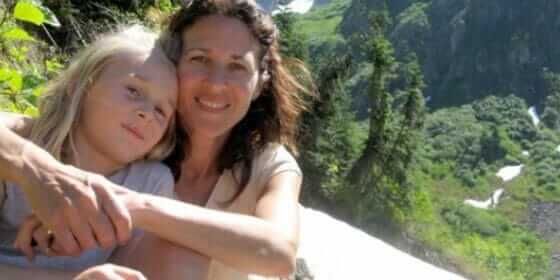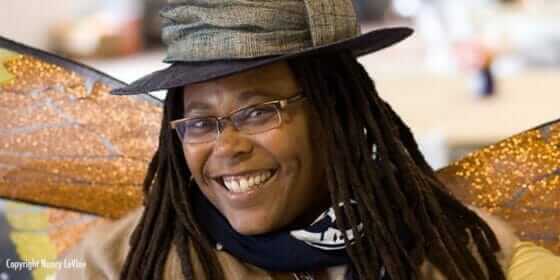Staff Spotlight: Meet Bill Koenig
We’re excited to welcome Bill Koenig, long-time Institute friend and advisor, to the staff in January! He’ll share the role of Co-Director with Heather Johnson, a member of our team since 2010.
Bill has woven his life into the Chinook story since he attended our 1982 Earth and Spirit Conference in Seattle. For the past fifteen years, he’s been deeply engaged here in various board and volunteer capacities. His career has ranged from traditional corporate life to adult learning, adaptive leadership and organizational development, and strategic planning. Today, his diverse skills, experience, and interests make him ideally suited to this new role.
He’s a past board chair here at the Institute, and helped define the Leadership pillar of our work. More recently, he’s been on our strategy committee as a volunteer advisor. In addition to his role on our staff, Bill is excited about bringing his passion for community building to play as a volunteer in Thriving Communities work, where he’ll work closely with his dear friend Jerry Millhon, who is in transition from Executive Director to Thriving Communities program leader here at the Institute.
“Having the opportunity to get involved first with the strategic planning process and then more recently with the governance process, and supporting Jerry through his transition, has let me get a finger on the pulse of the organization today,” he said. “This is an incredible time for the Institute in terms of the quality of the staff and board, and the commitment and impact we have.” Bill said he’s excited about what’s possible, given the organization’s strength and resources plus our mission’s fit with with “the needs of the world.”
Bill comes to us with myriad relevant experience, ranging from directing Organization Systems Renewal Northwest to working in the realm of community health. He’s also worked as founder, president, and chief executive of several successful start-up companies in the world of media and technology, and has consulting experience with companies ranging from the Ford Foundation to Yale University. He holds a Ph.D. in mythological studies from Pacific Graduate Institute, a Master’s Degree in whole systems design and organizational development from Antioch University, and a BA degree in honors English Literature from Dartmouth College.
“I have a really strong entrepreneurial genetic makeup,” he said. “I like to start things and to grow things, and in the case of the Institute [that will mean] focusing on the organizational life of the entity, and fully tapping into the potential of what’s trying to emerge. What’s the energy here? What’s trying to grow?”
While Bill has worked in both non-profit and corporate settings, he now knows that what he wants is not a conventional hierarchy. “At this stage of my life, I want to work with and learn from very diverse people in all walks of life . . . take people out of boxes, [and] create overlapping circles of common interests and goals.”


